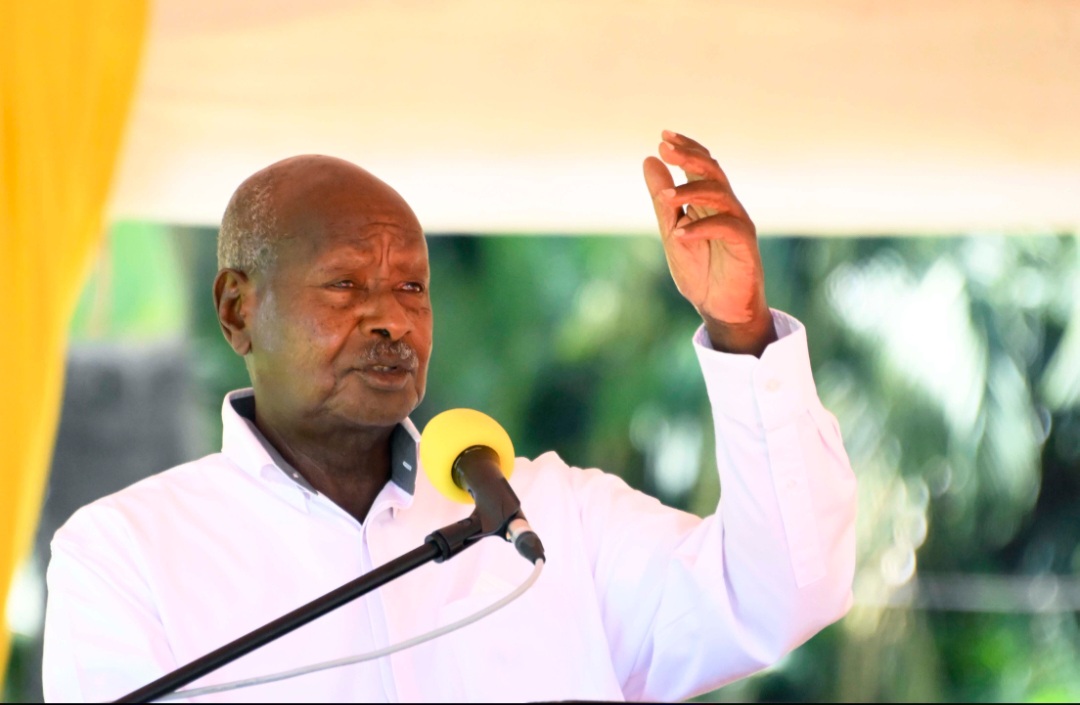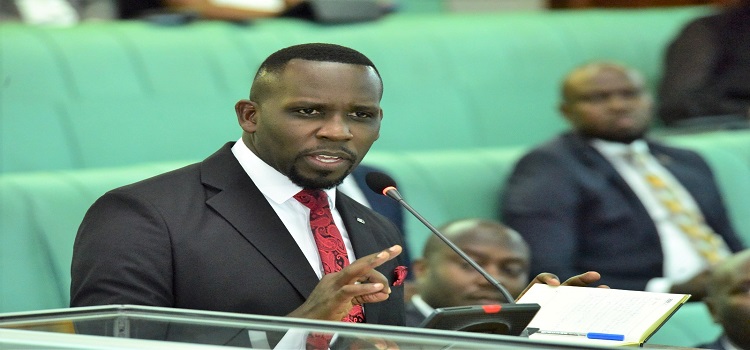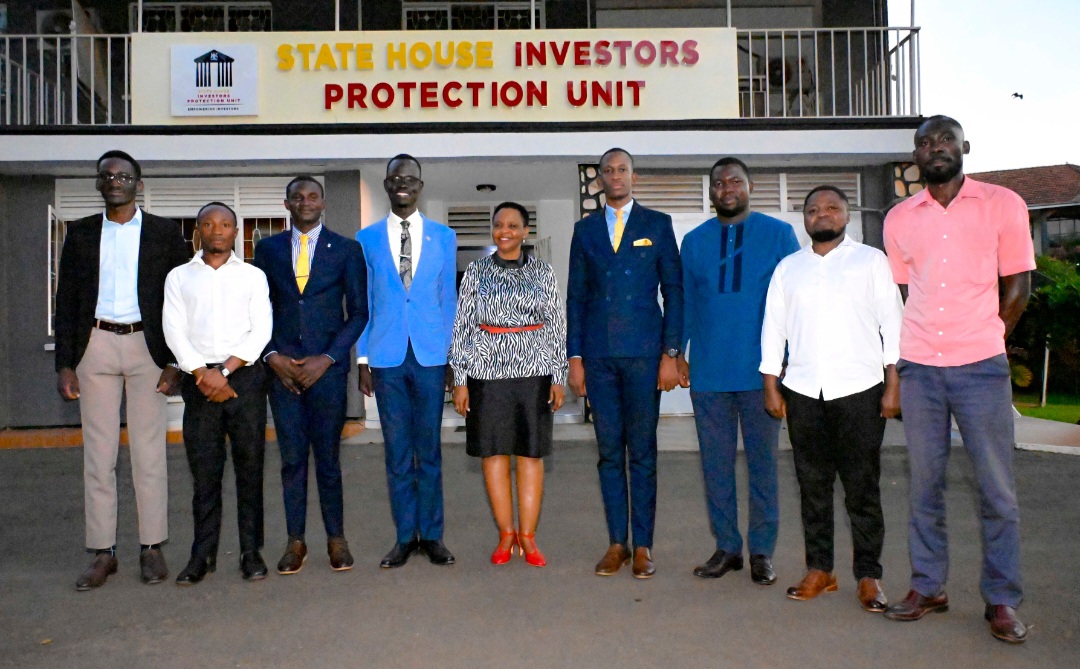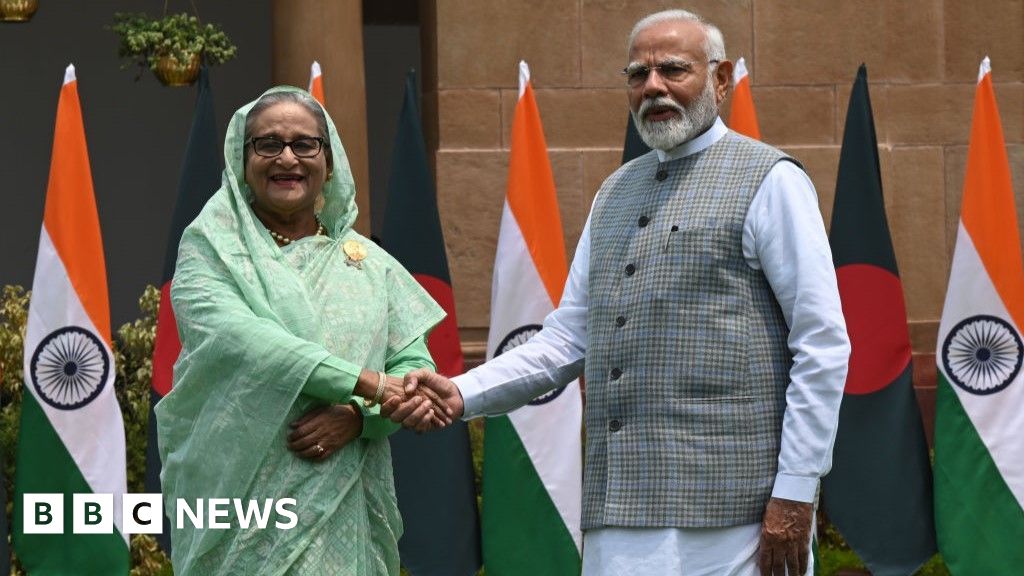Once Champions of Change, Now Symbols of Betrayal! Why Are Key Opposition Politicians Defecting to the NRM?
By Aggrey Buluba Uganda’s political scene has become an ever shifting chessboard, with pieces constantly moving, falling, and, most interestingly, changing sides. A growing trend has seen key opposition figures jumping ship to join the ruling National Resistance Movement (NRM), creating a frenzy of speculation, debate, and disillusionment among political watchers and voters alike. Take […] The post Once Champions of Change, Now Symbols of Betrayal! Why Are Key Opposition Politicians Defecting to the NRM? first appeared on Watchdog Uganda.
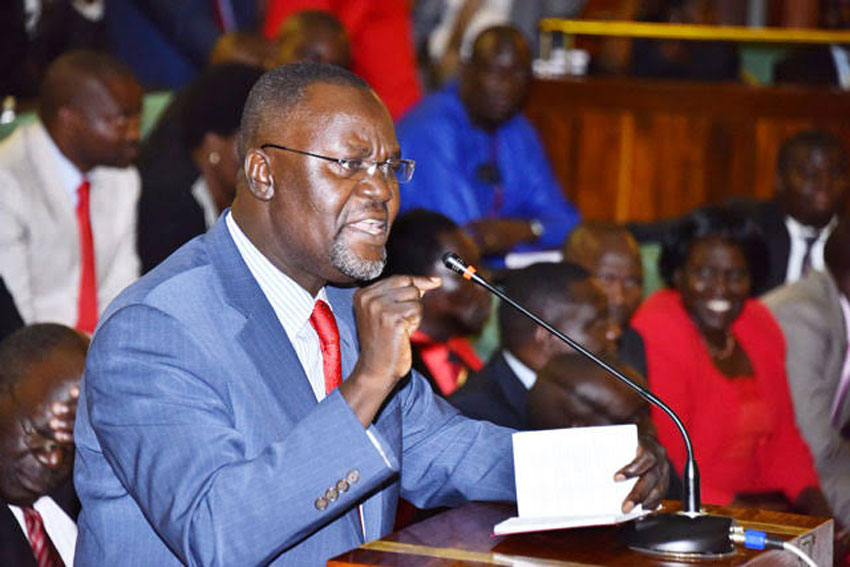
By Aggrey Buluba
Uganda’s political scene has become an ever shifting chessboard, with pieces constantly moving, falling, and, most interestingly, changing sides. A growing trend has seen key opposition figures jumping ship to join the ruling National Resistance Movement (NRM), creating a frenzy of speculation, debate, and disillusionment among political watchers and voters alike.
Take the recent case of Abdul Katuntu, the vocal Bugweri Member of Parliament, who was announced by President Yoweri Museveni last week as the latest opposition figure to cross over to the NRM from the Forum for Democratic Change (FDC). Just a year earlier, Norbert Mao, the long serving DP president, also stunned many when he signed a cooperation agreement with the NRM, securing for himself a coveted position as Minister of Justice and Constitutional Affairs. These are not mere isolated events; rather, they are the latest installments in a long running series of defections that have both helped and hurt the NRM while leaving Uganda’s opposition parties scrambling to recover.
Norbert Mao’s move was a bombshell.
As a longtime critic of Museveni’s rule and a vocal advocate for constitutional reforms and multiparty democracy, Mao’s sudden pivot toward cooperation with the NRM caught everyone off guard. To some, this was a tactical move to push for change from within; to others, it was an outright betrayal. Mao’s defection caused immediate ripples within the Democratic Party, with internal divisions surfacing and morale among supporters taking a hit.
Hot on the heels of Mao’s surprise defection, Abdul Katuntu’s switch last week adds yet another layer to this unfolding drama. Katuntu, known for his sharp legal mind and parliamentary prowess, had been a central figure in the FDC. His move to the NRM is especially symbolic given that it represents the reclaiming of Bugweri, a constituency that was once held by the late Kirunda Kivejinja, a foundational pillar of the NRM. Kivejinja was ousted by Katuntu before his demise, so having Katuntu now aligned with the NRM is seen by many as the completion of a full circle.
Yet, these are just two examples. Anita Among, the current Speaker of Parliament, started her political career with the FDC before defecting to the NRM. Since then, she has risen to one of the most powerful positions in the country. Similarly, Thomas Tayebwa, once an independent MP with opposition sympathies, has crossed to the NRM, ultimately becoming the Deputy Speaker of Parliament. Figures like Beatrice Anywar, famously known as “Mama Mabira” for her environmental activism, and Beti Kamya, the former FDC heavyweight, have also joined the NRM, further strengthening its ranks and depleting the opposition of influential voices.
Why Are These Politicians Crossing Over?
The motivations behind these hig profile defections are as varied as the individuals themselves. For some, like Mao, the justification is framed around the idea of pragmatic engagement, working within the system to drive reforms. Mao has defended his move as necessary to bring about constitutional dialogue, arguing that it provides him with a platform to advocate for change from within.
For others, the motivations appear more practical. The NRM’s substantial control over state resources, influence, and power creates an allure that is hard to resist. Defectors are often rewarded with ministerial positions, financial security, or other forms of political patronage, offering them a safety net that opposition parties, often struggling with limited resources, simply cannot provide.
Then there is the question of political survival. In a political environment where the NRM has dominated for nearly four decades, opposition figures may feel that their prospects are bleak. Joining the ruling party may appear to be the only viable path to remain politically relevant or to protect themselves from state harassment.
How It Affects Uganda’s Opposition
For Uganda’s opposition parties, these defections are a bitter pill to swallow. Each high-profile defection represents not only a loss of personnel but also a blow to morale. When prominent leaders like Mao and Katuntu jump ship, it sends a message of disarray and division, reinforcing a perception that the opposition is weak and unable to mount a credible challenge to Museveni’s rule.
Such defections also create leadership vacuums that are difficult to fill. For instance, Mao’s departure has left the Democratic Party in disarray, with internal factions vying for control and many of its supporters feeling betrayed and disillusioned. Similarly, Katuntu’s departure weakens the FDC, removing a key voice of opposition within parliament and creating a perception that the party is losing its grip in areas it once dominated.
Moreover, when opposition figures cross over to the NRM, it can demoralize voters and diminish faith in the democratic process. If even the most vocal critics of the NRM are willing to join it, what hope does the average Ugandan have that change can be achieved through opposition parties? This sense of inevitability can suppress voter turnout and undermine public confidence in the possibility of political change.
The Effect of Defections On The 2026 Elections
As the 2026 election approaches, these defections will likely have a profound impact. The absorption of key opposition figures into the NRM may further solidify the ruling party’s grip on power by neutralizing its most prominent critics and creating a perception of invincibility. With leaders like Mao and Katuntu now within its ranks, the NRM may find it easier to appeal to a broader spectrum of voters who once supported the opposition. However, this could also lead to increased frustration among opposition supporters, potentially driving them towards more radical or alternative candidates who reject the politics of co-optation and appeasement. If the defections continue at the current rate, the 2026 elections may see a weakened, fragmented opposition, unable to pose a united front against the NRM’s long-standing rule.
Is This a Score for the NRM?
On the surface, these defections certainly seem like a win for the NRM. Regaining a constituency like Bugweri, represented by one of its founding fathers, the late Kirunda Kivejinja, is a symbolic victory for the NRM. Having Abdul Katuntu back on their side could be seen as a triumph in reclaiming a seat that had slipped from their grasp. It demonstrates the party’s ability to bring back those who were once seen as adversaries, reinforcing the NRM’s image of dominance and control.
The defections of other big names like Among and Tayebwa further illustrate the NRM’s strategic approach: absorbing key opposition figures to neutralize potential threats and to project an image of inclusivity and unity. This approach has kept the NRM in power for nearly four decades and has enabled it to remain the most powerful political force in the country.
The Dark Side of Defections for the NRM
But it’s not all roses for the NRM. These defections, while strategically advantageous in the short term, carry potential long term risks. For one, they can give the impression that the NRM is a party that lacks fresh ideas and must constantly rely on co-opting opposition members to maintain its relevance and appeal. This could lead to public discontent and a growing sense of cynicism about the NRM’s ability to govern without resorting to such tactics.
Moreover, absorbing opposition members into the NRM can lead to internal friction. Loyal NRM members who have stayed with the party for years may feel sidelined or resentful when former critics are parachuted into high ranking positions. This can breed factionalism and create tensions within the party itself, undermining the unity that the NRM so often seeks to project.
There is also the risk of overplaying their hand. If the public perceives that the NRM is simply buying off opposition figures rather than genuinely seeking to improve governance or address the needs of Ugandans, it could lead to a backlash. People may become more frustrated with the status quo, leading to greater support for radical or alternative opposition movements that reject the politics of co-optation.
What Next for Uganda’s Politics?
In the short term, these defections may strengthen the NRM’s hold on power, but they also expose the fragility of Uganda’s democratic fabric. Opposition parties must grapple with their internal weaknesses, build stronger coalitions, and find new ways to connect with voters disillusioned by these defections.
For the NRM, the challenge will be to manage these new additions without alienating their core base or creating internal rivalries. They must also consider whether the optics of continually absorbing defectors serve their long term interests or if they risk being perceived as a party that cannot stand on its own achievements.
Ultimately, the defections of key opposition members underscore the fluid and volatile nature of Ugandan politics, where allegiances can shift quickly and unpredictably. But for a genuine democratic contest to emerge, Uganda will need more than just defections and deal making; it will need a true commitment to democratic principles, from both sides.
The post Once Champions of Change, Now Symbols of Betrayal! Why Are Key Opposition Politicians Defecting to the NRM? first appeared on Watchdog Uganda.


